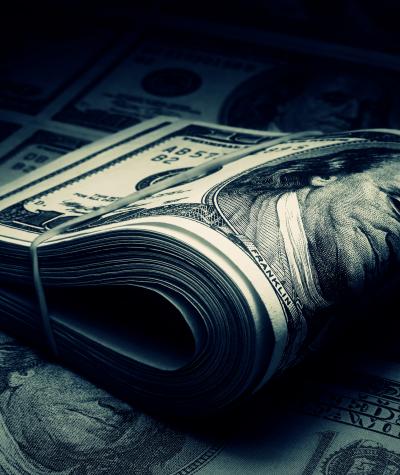Last week the Republican National Committee published its Growth & Opportunity Project report “provid[ing] an honest review of the 2012 election cycle and a path forward for the Republican Party to ensure success in winning more elections.” When it comes to campaign finance policy, the RNC apparently believes that the path forward is a journey back in time to the pre-McCain-Feingold era, claiming that “the free speech rights of political parties and federal candidates remain smothered by McCain-Feingold” and recommending that a variety of contribution limits applicable to political party committees and federal candidates be repealed or increased.
Contrary to the RNC’s claim that the party’s free speech rights have been “smothered by McCain-Feingold,” the party raised more money during the 2012 election cycle than ever before. According to the Center for Responsive Politics, the Republican Party and the Democratic Party each raised more than $1 billion during the 2012 cycle, shattering previous fundraising totals both pre- and post-McCain Feingold. With regard to fundraising, the parties seem to be doing just fine under existing limits.
Central to the RNC’s argument and recommendations is its complaint that “outside groups—such as SuperPACs, 501(c)(4)s and 527s—use unlimited, and often unreported, amounts of the same money federal candidates and national parties are now prohibited from spending or raising.” The RNC characterizes this system as “illogical” and argues, in short, that political parties should be permitted to return to the pre-McCain-Feingold era when federal officeholders and party officials solicited million-dollar “soft money” contributions from wealthy corporate, union and individual donors seeking political access and influence in exchange for their generosity.
But the limits on contributions to parties and candidates are not illogical—they make good sense. In 2002, after years of study and debate, Congress put an end to candidate and party official solicitation of six- and seven-figure political contributions when it passed the McCain-Feingold law because the contributions had corrupted our federal government. And the Supreme Court upheld the McCain-Feingold party fundraising restrictions in McConnell v. FEC, explaining:
“The question for present purposes is whether large soft-money contributions to national party committees have a corrupting influence or give rise to the appearance of corruption. Both common sense and the ample record in these cases confirm Congress’ belief that they do. . . . The evidence in the record shows that candidates and donors alike have in fact exploited the soft-money loophole, the former to increase their prospects of election and the latter to create debt on the part of officeholders, with the national parties serving as willing intermediaries. . . . For their part, lobbyists, CEOs, and wealthy individuals alike all have candidly admitted donating substantial sums of soft money to national committees not on ideological grounds, but for the express purpose of securing influence over federal officials.”
More recently, the Supreme Court in Citizens United v. FEC and the D.C. Circuit Court in SpeechNow v. FEC invalidated restrictions on fundraising and spending by the “outside groups” referred to by the RNC in its report—because these groups make “independent expenditures” and, according to the courts, do not pose the threat of corruption present when big checks are handed to officeholders and party officials. (To be clear, the Campaign Legal Center believes the fundraising and spending by these outside groups does pose a threat of corruption, but the courts disagree for now.)
The RNC recommends we return to the proven-to-be-corrupting big contributions to parties as the best policy response to the allegedly-non-corrupting fundraising by independent expenditure groups. Contrary to the RNC’s assertion that our current system limiting contributions to parties is “illogical,” it is the RNC’s plan to repeal these limits that is illogical. The last thing the American people need today is a return by our political parties to the pre-McCain-Feingold era of corrupting unlimited fundraising. Rather than repealing corruption-preventing limits on candidate and party fundraising, which would only increase party reliance on a small handful of wealthy supporters, the RNC and their Democratic counterpart should be promoting policies that incentivize small donor grassroots engagement. That’s the roadmap to a healthier democracy.
